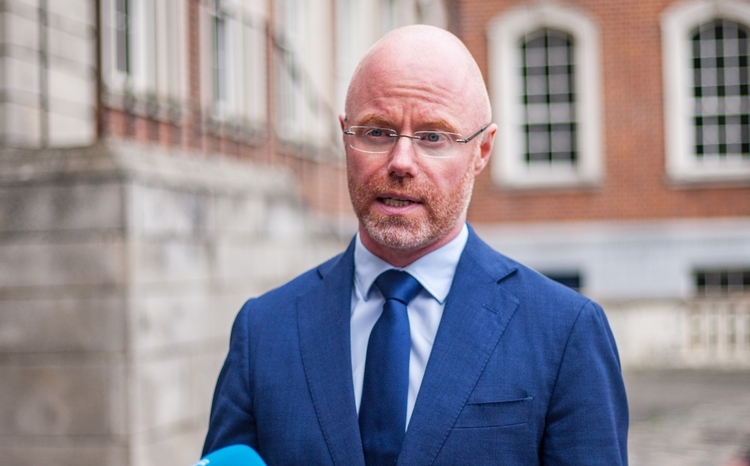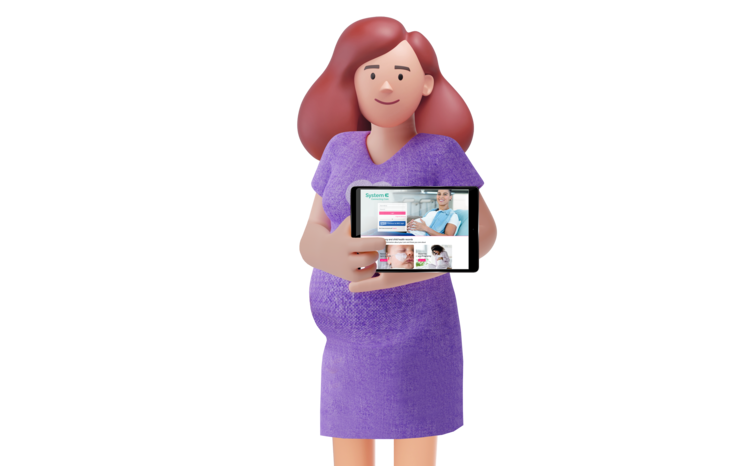Framework agreement for NHS videoconferencing
- 17 August 2005
Videoconferencing specialists, Questmark, have been awarded a three-year framework agreement by the NHS Purchasing and Supply Agency for the supply of systems and services.
The agreement covers all countries in the UK and applies to any part of the NHS including trusts, GP surgeries and the Medical Research Council, together with other public sector organisations in central and local government and suppliers providing services on behalf of the NHS.
Questmark has over 500 videoconferencing systems ‘of different sizes and shapes’ installed in health service setting in the UK and Ireland and reports growing demand for videoconferencing in both administrative and telemedicine settings.
Managing director, Sam McMaster, told E-Health Insider: “More and more, we’re putting equipment in for clinical applications.” Uses range from remote monitoring and remote consultations to multidisciplinary team meetings for cancer care, and the direct and immediate diagnosis of patients.
McMaster said a forthcoming case study would report on the use of videoconferencing in maternity care between the Isle of Man and Liverpool. Questmark has also worked with a neurology professor from Northern Ireland who used videoconferencing to hold clinic sessions with patients while he was working in Brisbane, Australia.
Risk management for professionals using videoconferencing remains an issue, but McMaster said: “The people we work with are absolutely brilliant. They have to take in all the risks, but they are always prepared to do something with the risks managed.”
He explained:“There’s lots and lots of good practice around now. In October we’ll be launching a best practice conferencing server so NHS people can put their good practice on the server and take and learn from what others have done.”
Good clinical governance in videoconferencing is being made easier by a new development devised by Questmark with Derby-based, Millennium System Software, which enables clinicians to link video conferences into an electronic patient record.
"The consultant or nurses can record the video conference and the material on which they have based their judgement and tie that into the electronic patient record," explained McMaster.
The company will start a series of roadshows in the autumn to demonstrate systems and services and discuss videoconferencing in healthcare.




